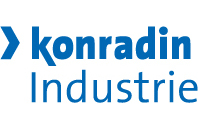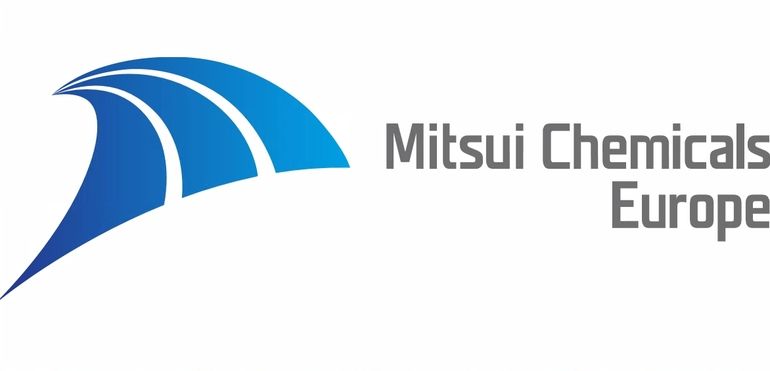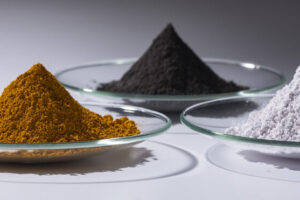Neste, Mitsui Chemicals, Inc. and Toyota Tsusho Corp. announced that they are joining forces to enable Japan’s first industrial-scale production of renewable plastics and chemicals from 100% bio-based hydrocarbons. In this collaboration, Mitsui Chemicals will use Neste RE, 100% bio-based hydrocarbons produced by Neste, to replace a part of the fossil feedstock in the production of a variety of plastics and chemicals at its crackers within Osaka Works during 2021. In doing so, Mitsui Chemicals will become Japan’s first company to use bio-based feedstock in its crackers. The collaboration between Neste, Mitsui Chemicals and Toyota Tsusho will enable brand owners and other potential clients in the Asian market, particularly in Japan, to start incorporating renewable plastics and chemicals into their products and offerings.
Reduction in greenhouse gas emissions
For this collaboration, Neste, a forerunner in producing renewable and recycled feedstock alternatives for the plastics and chemicals industry, will produce its Neste RE feedstock entirely from renewable raw materials, such as bio-based waste and residue oils, without any fossil oil. By using Neste RE, Mitsui Chemicals is able to produce plastics and chemicals with reduced greenhouse gas emissions over their life cycle.
The introduction of the bio-based hydrocarbons as feedstock at the crackers will allow Mitsui Chemicals to produce renewable ethylene, propylene, C4 fraction and benzene, among others, and process them into basic chemicals such as phenol, or plastics such as polyethylene and polypropylene, without altering the high-quality of these derivatives; the quality will be on par with conventional products.
Mitsui Chemicals and Toyota Tsusho intend to acquire International Sustainability and Carbon Certification (ISCC), which is widely accepted in Europe as a system for the certification of products from bio-based feedstock. Mass balance based ISCC Plus certification aims at driving up adoption of renewable content even in supply chains that feature complex production processes, such as those common in the chemical industry.
“Aiming to reach carbon neutrality by 2050, Mitsui Chemicals is looking to help bring about a circular economy by pursuing the two pillars of recycling and the use of bio-based alternatives for its chemical and plastic products,” said Hirahara Akio, Managing Executive Officer for Corporate Sustainability at Mitsui Chemicals. “Switching fossil feedstock to bio-based feedstock helps combat global warming, and it is regarded as an important strategic focus in the push for reaching carbon neutrality by 2050.”









